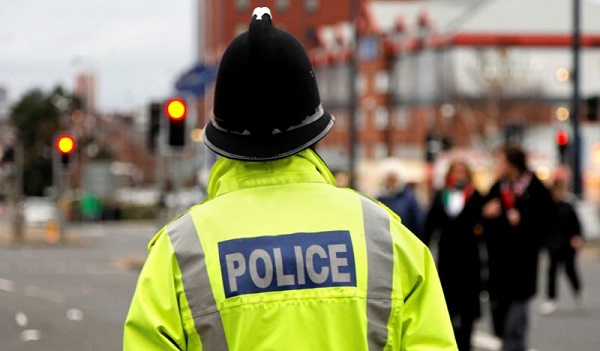Study: Screen criminals for brain trauma at first contact with justice system to ‘cut violent re-offending’
Routine checks for signs of past head injuries could help reduce crime and improve the lives of those who offend, new research reveals.
Various international studies have repeatedly pointed to a link between brain trauma and an increase in behavioural or psychiatric problems, such as aggressiveness, panic disorders and depression.
Researchers believe if people were screened for evidence of Traumatic Brain Injury (TBI) at their first contact with the justice system – be it police, courts or secure care – they could be referred to experts trained to rehabilitate individuals suffering from cognitive impairment.
A review of the existing evidence by researchers including Professor Tom McMillan, an expert in clinical neuropsychology at Glasgow University’s Institute of Health and Wellbeing, has now concluded that young people with TBI are at greater risk of early, more violent offending, as well as self-harm and suicide.
Writing in Lancet Psychiatry, the research team said it should no longer be seen as a “coincidental occurrence in the lives of risk-takers” but a factor underpinning criminal behaviour.
Among 5,049 adult prisoners in 24 studies, the prevalence of brain injuries averaged 51 per cent. In nine studies involving juvenile offenders, 30 per cent had a TBI history.
In Germany, neuroimaging studies analysing violent male criminals found that 42 per cent had damage to the area of their brain responsible for empathy, compared to 26 per cent of non-violent criminals and eight per cent in a control group from the general population.
Such brain damage is caused by serious blows to the head, for example in an assault, a fall or car crash. It is often associated with a loss of consciousness of at least 30 minutes or post-traumatic amnesia.
TBI is the biggest cause of death and disability in children and young people.
Lead author Professor Huw Williams said: “Addressing TBI offers a means to not only improve the lives of those who offend, but also to reduce crime. A range of measures could reduce the risk of crime following TBI.
“These could include any form of neurorehabilitation, and better links between emergency departments, community mental health services, GPs and school systems that might lead to early identification and management of TBI in children and young people, particularly in areas of socioeconomic deprivation.
“On a person’s entry into the justice system, there is an opportunity to deliver routine screening for TBI and provision of treatment options. Another beneficial step could be brain injury link-workers in prisons to enable screening and support for those with TBI.”
Vietnam war veterans with damage to an area of their frontal lobe involved in fear and risk were previously shown in a 1996 study to be more aggressive and violent than non-injured soldiers or patients with lesions to other parts of their brain.
Meanwhile, a 2011 study of 850 American high school students found that head injuries before adolescence were associated with higher rates of violent behaviour, even after adjusting for delinquency, alcohol and marijuana use.
Brain injuries have also been blamed for dramatic personality changes in individuals who would later go on to kill. It has been suggested that Fred West, one of Britain’s most infamous serial killers, became prone to rage and erratic behaviour after a motorcycle accident, aged 17, left him comatose for a week with serious head injuries.
The lifetime costs of TBI are estimated at £155,000 for a person aged 15 with “mild to moderate” TBI – £95,000 in healthcare costs and £60,000 for the costs of additional offending. The figures are much higher for young people who are already in the criminal justice system.
However, the review says people with TBI are incarcerated “at high cost in facilities that might not be well placed to address their needs”.
It adds: “There has been an assumption that TBI was just a coincidental occurrence in the lives of risk-takers: people who were premorbidly set to be on a trajectory towards crime.
“But as we have shown in this review, the research evidence suggests otherwise. Assessing TBI offers a means not only to improve the lives of those who offend, but also, crucially, to reduce crime.”







